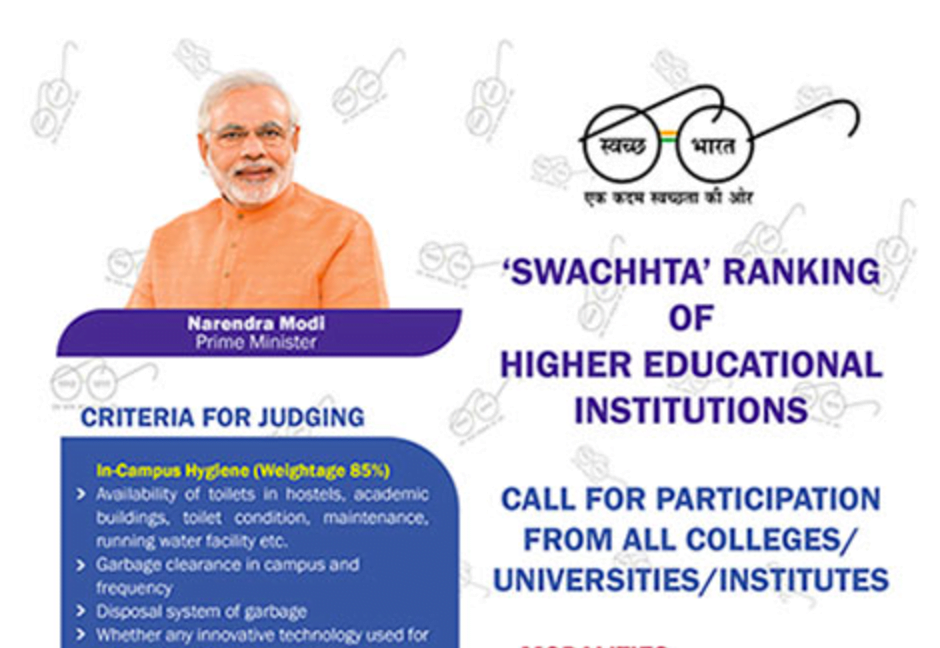
Recently, I sat in the back of an elementary school classroom in southeast London, on a Saturday morning. As I watched a group of beginner guitar players, including Isak, my five year old grandson, I frantically scribbled down the teacher’s fingering for the intro chords of “Uptown Funk.”
At the end of class, my mind raced to a question I have occasionally considered over the years: “Did I sacrifice experiences such as this with my own children, because of devotion to my career, and would I do it differently a second time around?”
The answer to the first question is a resounding YES; of course I missed many activities while I was at work. There were countless episodes with my children in which I was not present.
What I was feeling, however, in that South London classroom, was the unfamiliar pang of remorse and a sense that I might have made some poor trade offs.
For this discussion, we should start with a basic definition of “trade off” as an exchange of one desirable thing for another. For example: If I play more bridge, I will play less piano; if the town uses tax revenues for a new sports field it can’t rebuild the library; if Jason takes the higher paying job in Seattle, he will see his family in Boston much less. These are trade offs.
However, focusing on a struggle between competing forces, particularly career and family, emphasizes non-compatibility rather than acknowledging that life is a constant stream of choices, priorities and realignments. Without intention, this over-simplifies the multiple strands of each individual’s journey into battling pursuits.
“GENERATIONS AGO, LINES WERE MORE CLEARLY DEFINED AND SOCIETY’S NORMS SO DEEPLY INGRAINED THAT GUILT RARELY APPLIED TO OUR ROLES IN PARENTING, A VERB YET TO BE INVENTED. “
In fact, it’s the misconception about trade offs that contributes heavily to our sense of guilt. Either we suffer because we believe we have traded off our time with children in favor of our careers or that we shirk our work responsibilities in favor of family time.
Generations ago, lines were more clearly defined and society’s norms so deeply ingrained that guilt rarely applied to our roles in parenting, a verb yet to be invented. Career and family were never incompatible or “trade off” paths for fathers, who missed most “kid” activities during working hours.
However, in recent years, the concept of two-parent involvement in children’s daily lives has become an expected staple of modern life. Rather than getting credit for appearing at a Little League game before it ends, many dads feel guilty if they do not arrive before the fourth inning
For women, the views on a combined career/children path have evolved over my lifetime from nearly impossible, to unlikely, to the current “complicated” status. We may have altered the conversation about women as leaders in the workplace, but we have a long way to go toward addressing the issue of guilt that many of us might feel.
Now we have a collective problem where everyone is educated, desires a career, and wants to be an involved parent. Guilt has become the unfortunate and unavoidable byproduct of that equation. Beyond the family association, self-condemnation also creeps into our participation across exercise, hobbies, and non-profit involvement.
We need to break the spiral of guilt. There is no harm and much to gain from diligence and ambition in our careers. All the hours we spend at work are, by definition, hours not spent doing anything else. When my children were young, I was often not the first to hear about an excellent grade on a test, but I was as enthusiastic as any parent could be when I did get the news.
So how can we avoid that tingling of guilt whether it’s about missing a soccer game or leaving the office earlier than usual to attend a Habitat for Humanity meeting?
- Think about priorities and make sure that we are comfortable with our own. If so, there is no reason to torture ourselves.
- Remember that you are a better parent, partner and friend if you are challenged and fully engaged in your work.
- Some guilt is fine. Studies have shown that a little guilt drives achievement, but too much becomes oppressive and leads to depression.
- Pay attention to the experiences we actually have rather than ones we envision might be or would have been beneficial to others. It turns out my grandson wasn’t remotely interested in learning the guitar fingering from me.
- When we provide role models for our children, affirming our commitment to pursue multiple, yet complementary, aspects of life, we reduce the likelihood that future generations will be riddled by guilt about making the wrong trade offs.
Missing things is one of life’s inevitabilities; it should not be a constant source of self-reproach or stress. We are not making a trade off, we’re just living a life in which, until some clever tech wizard discovers otherwise, it is impossible to be in more than one place at a time.
Commentary by Karen Firestone, chairman and CEO, Aureus Asset Management.
[Source”timesofindia”]

